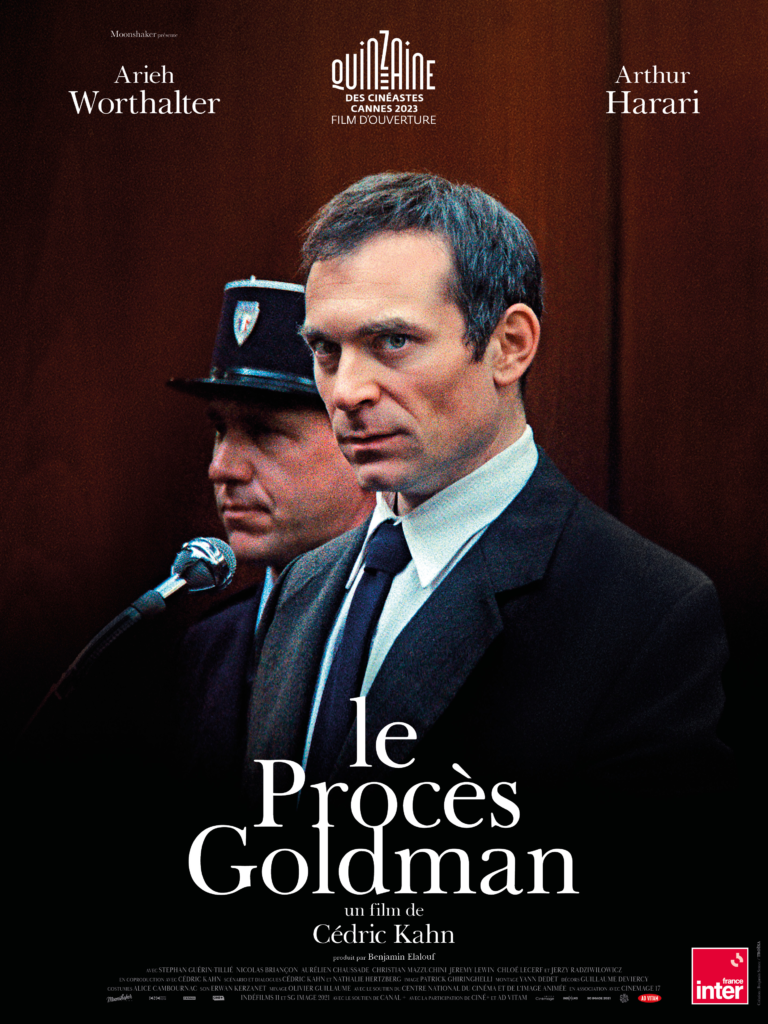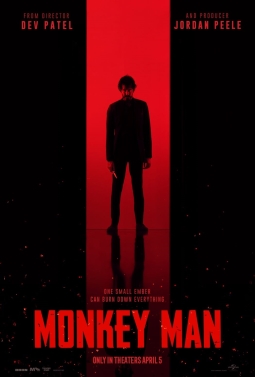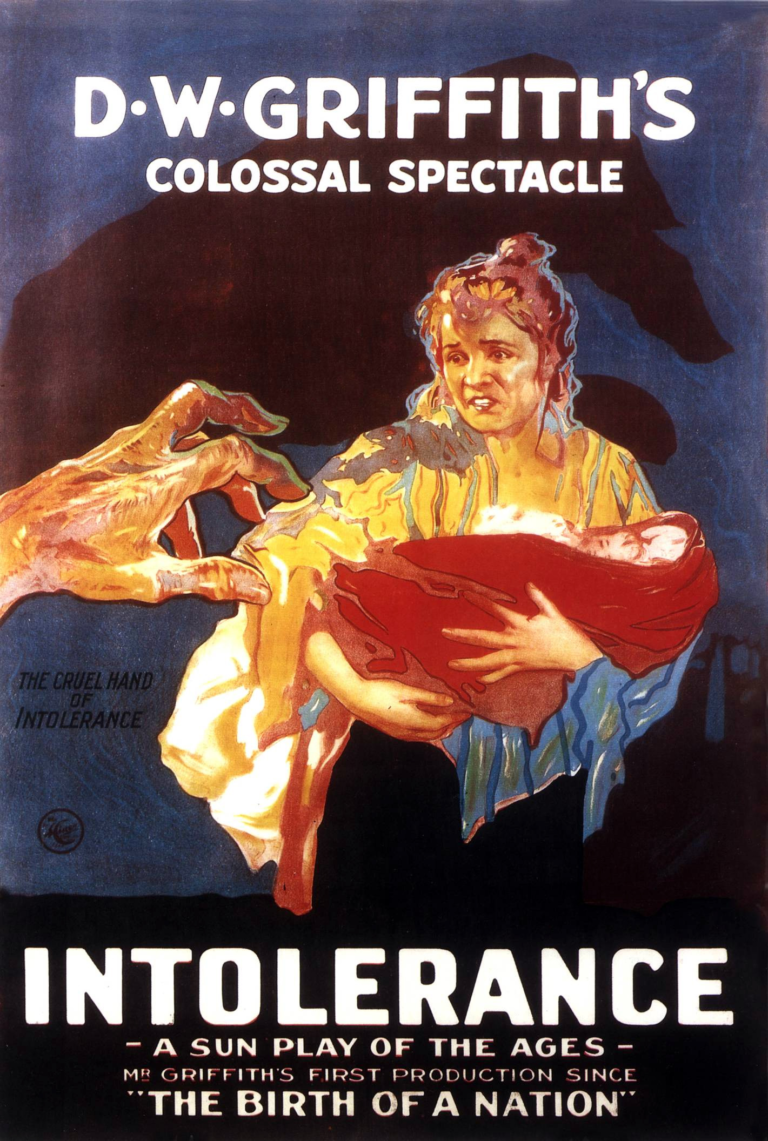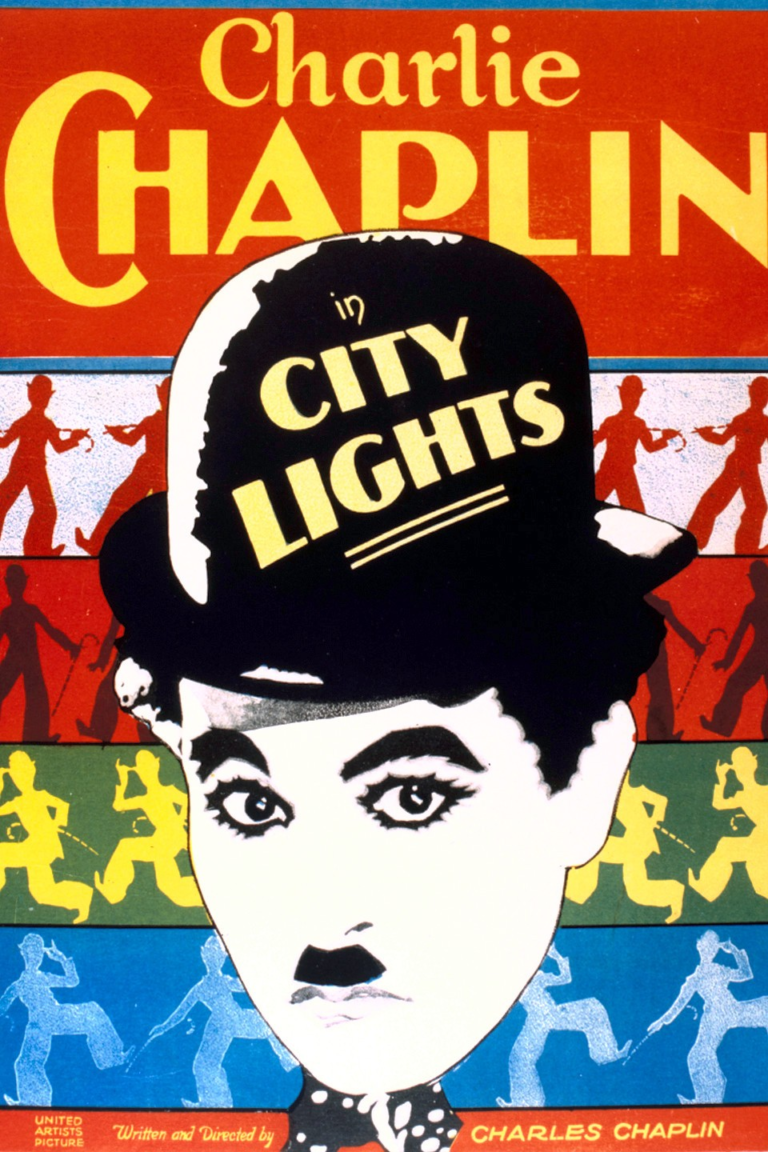The Goldman Case Christian Review

The tension you feel watching The Goldman Case is palpable. It’s not a movie that offers easy answers or even a comforting narrative arc, but rather a slow, meticulous dive into the moral and political complexities of a famous trial. You sit there, gripped by every courtroom exchange, not because there are dramatic revelations or sudden twists, but because the entire film feels like a puzzle. One piece at a time, it unravels this thorny knot of justice, guilt, political activism, and systemic corruption.
It’s the kind of film that, from a Christian perspective, makes you pause and think about more than just the plot. It brings up questions about morality, truth, and the way society handles issues of justice and oppression. You’re left wondering how this real-world messiness fits into your spiritual framework—how a flawed human system intersects with God’s design for justice.
Justice in a Flawed System
Let’s not beat around the bush: the world is broken, and justice isn’t always served in neat packages with a ribbon on top. We know this. It’s in the news, in our communities, and, let’s be real, it’s in our own lives. The Bible, too, speaks to this over and over again. Think about Ecclesiastes 3:16, where the writer reflects, “In the place of justice, even there was wickedness.” That’s the world The Goldman Case places us in—a world where the systems meant to protect and provide justice are tainted by corruption and bias.
Here, the trial at the heart of the movie serves as the perfect backdrop to explore this idea. Goldman, a political activist, finds himself caught in this web of a flawed legal system, accused of crimes that he fervently denies committing. The tension simmers between the evidence (or lack thereof), the biases of the time, and the larger societal issues at play, like antisemitism and political unrest.
As Christians, we’re called to seek justice, to correct oppression (Isaiah 1:17). But how do we respond when the systems we’re supposed to trust fail? This film doesn’t necessarily give you an answer. Instead, it leaves you to wrestle with that tension, with the understanding that human justice will always be imperfect, but God’s justice is unfailing.
A Man of Political Convictions
Goldman, played with a riveting intensity by Arieh Worthalter, is one of those characters who keeps you guessing. At first, his calm and almost detached demeanor might make you feel uneasy. But as the film progresses, you see the fire behind his eyes—the passion, the conviction, the relentless pursuit of what he believes is right. It’s this intensity that makes him such a polarizing figure. You want to root for him, but you also wonder if his commitment to his political causes sometimes clouds his judgment.
From a Christian viewpoint, Goldman’s character presents a challenge. His fight against injustice is admirable; we’re commanded to stand up for the oppressed and speak out against corruption (Proverbs 31:8-9). But the film also raises questions about when the line is crossed—when the pursuit of justice becomes more about personal ideology than about actual righteousness. At what point does fighting for a cause turn into a form of idolatry, where the cause itself becomes more important than the principles behind it?
Goldman’s political activism is deeply rooted in his sense of justice, but as the viewer, you’re never quite sure if he’s innocent or guilty of the charges. This ambiguity forces you to sit with the uncomfortable reality that even those who fight for justice can be flawed, and sometimes the truth isn’t as clear as we’d like it to be.
Moral Ambiguity and Righteousness
One of the film’s most striking elements is its refusal to spoon-feed you a moral conclusion. It’s not a movie about right versus wrong in any simplistic sense. Instead, The Goldman Case is filled with gray areas—places where you’re left to sort out your feelings about what justice means in this context.
For Christian viewers, this can be both fascinating and unsettling. On the one hand, life is full of moral gray areas, and the Bible doesn’t shy away from that. Think about how David, one of God’s chosen leaders, was both a righteous king and a deeply flawed man. Yet, he still pursued God’s heart (Acts 13:22). In this film, Goldman’s character may remind us of that tension between fighting for what is right while also being deeply imperfect.
However, it’s also worth noting that the film’s ambiguity might leave you wanting more moral clarity. The Bible is clear about certain principles: we are to love justice, show mercy, and walk humbly with God (Micah 6:8). When a film refuses to land on a side, it can feel like it’s avoiding the very real consequences of sin and injustice. There’s a certain discomfort in that—not necessarily because it’s bad filmmaking, but because it forces us to acknowledge that, in this world, justice is often incomplete and messy.
Corruption and Redemption
Police corruption is another thread that runs through The Goldman Case. It’s the backdrop to Goldman’s trial, the undercurrent that makes you doubt whether justice will ever be served. For Christian viewers, this is an area where the Bible speaks directly to our frustrations. We know that human institutions are fallible, and that sin can pervade even the most well-meaning systems. Yet, we are also called to be agents of change, to shine light in dark places (Matthew 5:14-16).
Watching the film, you can’t help but feel the weight of that responsibility. The police corruption and systemic biases remind us that we live in a world where evil exists, not just in individuals but in the very structures we’ve built. But instead of throwing our hands up in despair, we’re called to be salt and light. This is perhaps where The Goldman Case offers a point of reflection: what does it mean to seek justice in a world where corruption is so deeply ingrained? How can we, as Christians, embody a righteousness that goes beyond flawed human systems?
A Film That Lingers
The Goldman Case isn’t a film that wraps things up neatly. It’s not interested in making you feel good about the state of the world. Instead, it asks hard questions about justice, morality, and the messy reality of political and social activism. For a Christian viewer, it’s both a challenge and an opportunity to engage deeply with these themes in light of Scripture.
But here’s the thing—it’s okay to feel unsettled by this film. It’s probably the point. The world is messy, and justice often feels elusive. As Christians, we are reminded that our ultimate hope doesn’t lie in human systems or institutions but in Christ’s perfect justice and righteousness.
Final Thoughts: Tension Without Resolution
In the end, The Goldman Case offers a gripping, thought-provoking exploration of the human pursuit of justice and the messiness that comes with it. The film’s ambiguity, both in its characters and its conclusions, can be frustrating but also deeply reflective of the real world we live in.
For a Christian viewer, the film serves as a reminder that while we’re called to fight for justice in this life, our ultimate hope rests in God’s perfect justice. And maybe that’s the hardest part—sitting with the tension, knowing that true justice is only fully realized in God’s timing, not ours.
Rating: 6/10
While masterfully crafted, the film’s ambiguity and refusal to offer moral clarity may leave Christian viewers feeling unsettled. It’s thought-provoking, but perhaps not entirely satisfying from a Christian ethical standpoint.






